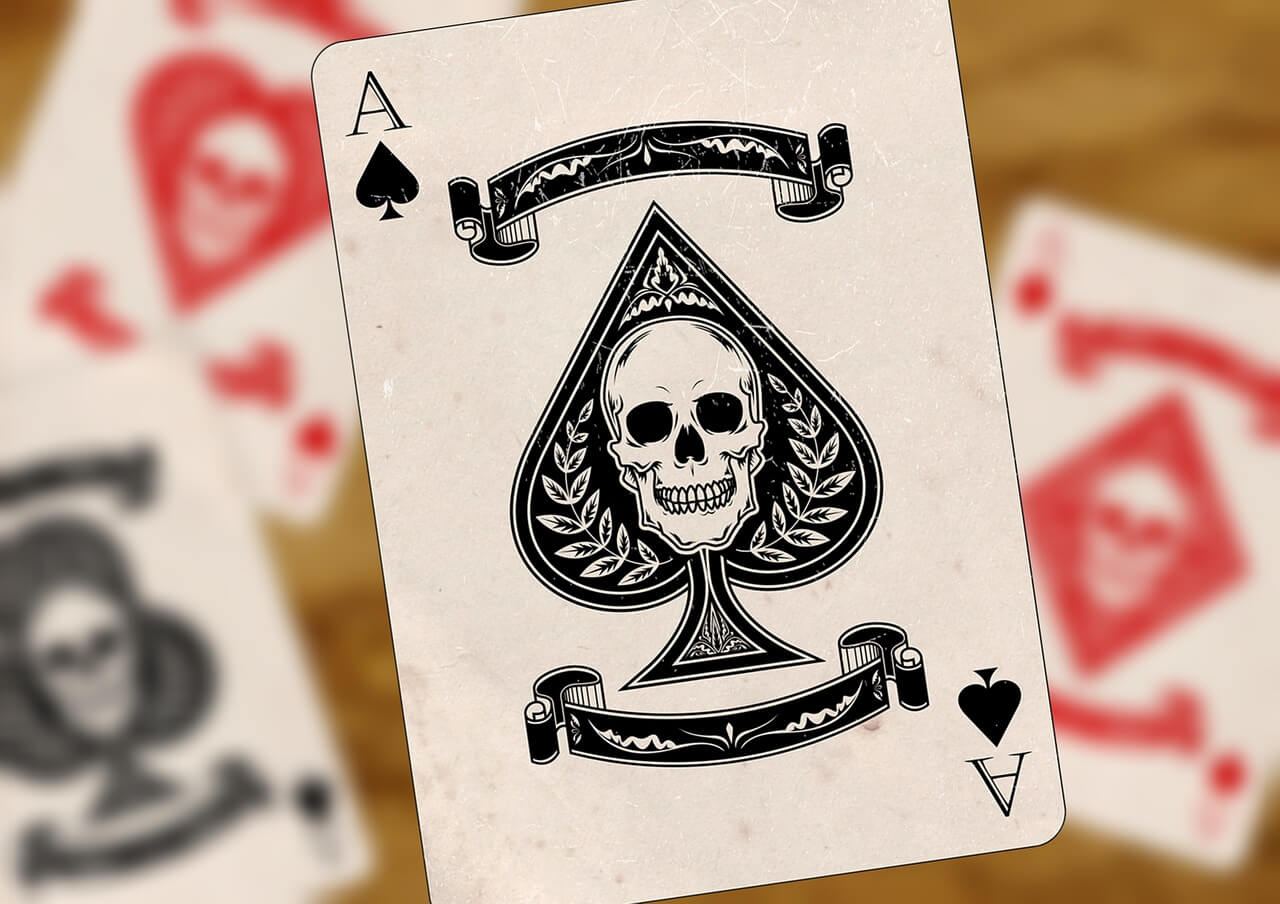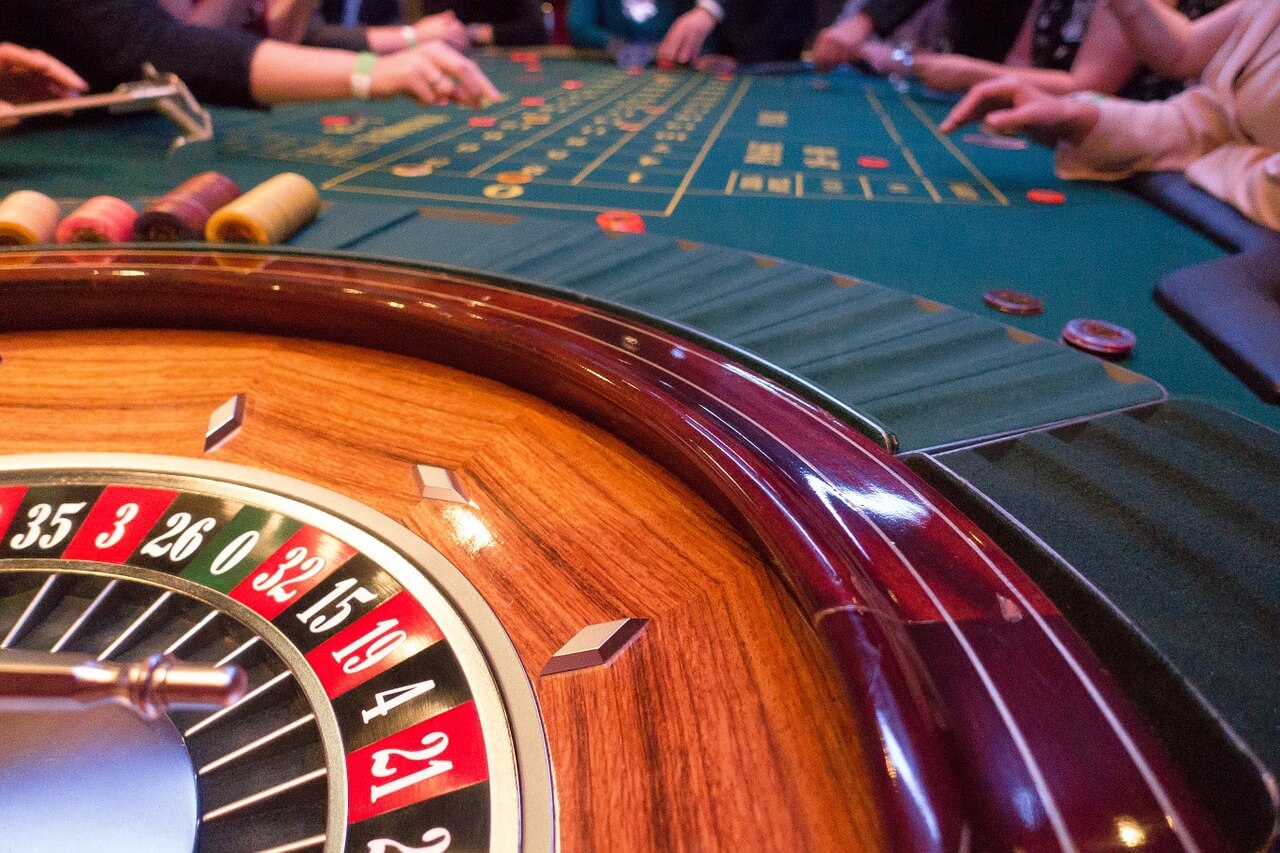Gambling addiction or pathological gambling is one of the impulse-control disorders.
As with other impulse-control disorders, there is an irresistible need to do a certain thing that is detrimental to the person himself or to another person. Execution of this action is accompanied by a feeling of satisfaction, and the executed action can result in regret and guilt, but it is not mandatory.
The lack of resistance to execute an action that is undoubtedly harmful to the person himself or to other people is characteristic for impulse-control disorders.
Gambling addiction – diagnosis
In order to make sure that it is a disorder and not an occasional habit or a pastime, as with other mental disorders, it is necessary for the behavior to meet certain criteria. The two valid systems in psychiatry are the International Classification of Mental Disorders (ICD) and the Diagnostic and Statistical Manual of Mental Disorders (DSM) describing all mental disorders and criteria for their diagnosis.
According to DSM, at least 5 criteria must be met in order to diagnose pathological gambling. Some of the criteria are:
- Preoccupation with gambling;
- Setting higher and higher amounts of money aside for gambling activities;
- Anxiety when trying to reduce gambling;
- Practicing gambling as a way to run away from the problem;
- Performing illegal actions to fund gambling;
- Hiding gambling activities from family members and friends;
- Damaged family, work and social functioning as a result of gambling;
Gambling addiction – etiology
Pathological gambling usually occurs in early adolescence in men, while in women it occurs later. Growing up with a parent who is addicted to gambling is a significant factor in the occurrence of the disorder. Usually, it takes a longer period of time for a person to cross the line of gambling out of fun or boredom and to “get hooked” on gambling.
It is possible to practice gambling for years as a form of entertainment, and then all of a sudden, a gambling disorder may occur. There are factors that can accelerate the occurrence of the disorder, such as being around gamblers, stress, dissatisfaction. It has been found that gambling is more likely to occur in phases of stress and depression, as an attempt to take one’s mind off and a way to avoid problems.
Consequences of gambling addiction

Consequences of gambling addiction are numerous and deep. Consequences occur on all plans: both personal and social.
On a personal level there are mood swings, irritability, problems in interpersonal relationships as a result of lying about gambling activities. The social plan results in neglect of obligations, absence from work, neglecting one’s partner, which can result in divorce, as well as the rest of the family.
Sometimes there is a wagering of family property and real estate, and finally, bankruptcy. When people find themselves in the situation to lose everything and do not see the way out of the situation.
Gambling addiction and treatment
Treatment of individuals who are addicted to gambling is very difficult and requires a multidisciplinary approach that includes both medical and psychological help, as well as the addict himself and his family. It is important to know that treatment of a gambling addict is a process, often long and painful. The addict’s family often suffers most and reacts vigorously out of helplessness and not knowing how to help.
We can often hear statements such as: “He has changed completely, I do not recognize him anymore“, “He withdrew and now avoids spending time with us“, “He is constantly talking about the money he needs but does not say what he needs it for“ and the like.
In order for the treatment to be effective, it is necessary for the addict’s family to get involved in the process. The family is the one who should provide constant support and react first if they notice any of the above symptoms. The problem with the gambling addicts is that they are often unaware of the seriousness of the situation. Usually, the family is the one who notices signs of disease. That is why gambling addiction is a disease which affects the family as well. Addicts are sometimes aware that they need help but do not believe they can be cured.
The gambling addict is somewhat motivated, but often shows resistance to treatment. It takes time to build up motivation and it only occurs when people face a reality in which they and their closest ones have a problem due to gambling addiction. The addict’s family experiences suffering and should not hesitate to seek professional help in treatment, because despite great love, care and good intentions, the family itself cannot help the addict.
Gambling addiction is very toxic and destructive, both for the person himself and for his closest ones. However, it is important to know that gambling addiction is a severe, but not an incurable disease. At our clinic, you can get professional help and get out of the vicious gambling circle. Once you get rid of this burden and get better, you will be able to live your life at the fullest.


